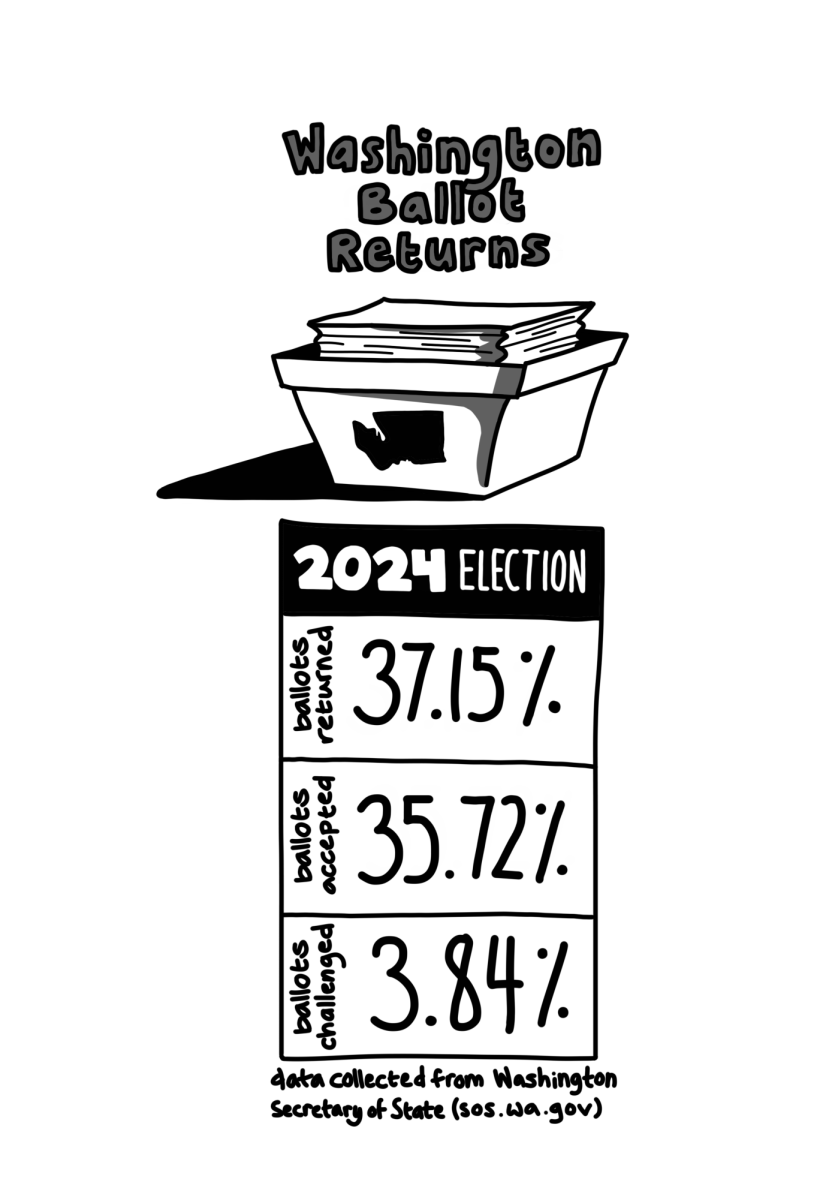George Packer, award-winning journalist for The New Yorker as well as the author of “The Assassin’s Gate: America in Iraq” gave a lecture in Maxey Auditorium Wednesday, Sept. 29 entitled “An American Dilemma, Afghanistan and Iraq.” Packer spoke about how the Obama Administration’s current Afghan war strategy of COIN (counter-insurgency) needs more time to possibly be effective than the time allotted by the political deadline of July 2011 to begin troop withdrawals. The political pressure to scale down the war in Afghanistan contradicts the military pressure to win using the COIN strategy, creating a tragic dilemma.

The following is an interview conducted by the Pioneer with George Packer the day after his lecture.
Q – How do you think Obama’s relationship with the military is going to evolve as the deadline for withdrawal gets closer?
A – He believes in civilian control and a thorough and methodical review process in which there has to be an open and honest rather than a manipulative kind of “box your opponent in” discussion before you come up with a strategy. I don’t know what’s going to happen next summer. I don’t think a lot of them know. That date seems to mean different things to different people. Obama’s going to be under real pressure heading into the reelection from Democrats, is going to be under real pressure from Petraeus, who is a believer in counter-insurgency, and has taken on this mission as, coming off a sort of success in Iraq. He has a lot of clout, he kind of bailed Obama out by taking this job. But I think the real pressure is going to come from the war and where it is next summer. Right now honestly, I, and people I rely on for information don’t see any way that this is going to turn around. So Obama’s too smart for that to not be the major factor in whatever decision he makes about the number of troops withdrawn.
Q – How do you evaluate the plan to partition Afghanistan into a US-dominated west and north and a Taliban-dominated south and east strategically?
A – You can’t impose these things. It’s not the conference in Berlin in the late 19th century, carving up giant chunks of the planet. Is that what the Afghans want? Afghanistan is a nation without a strong central state, but there is a sense of Afghan identity that is pretty powerful. To think that we know how they identify themselves better than they do, and that in fact they are Pashtuns, and Tajiks, and Uzbeks first, that is I think a very arrogant assumption.
It may be that if negotiations ripen that might become the de facto possible deal, in which the Taliban are given big chunks of the south and the east to govern locally while paying some kind of, you know, nominal fealty to the government in Kabul which would be weakened. My guess is, based on what Afghans I’ve talked to say, that’s going to lead to a civil war.
Q – Do you think there’s still a possibility for long form journalism to still exist?
A – As great as the Times and the Post are, long form journalism for example, after 9/11, was the way really committed readers, without having become scholars, learned about Afghanistan, Iraq, Pakistan and the Muslim world. There were so many ways in which long form journalism was the only way in which you could get deep enough–into these alien places that get to something beyond what the front page was giving you. The need will be there. Whether the want is there, I’m not sure of. That depends on your generation.
Q –– Since the 70s and 80s, more and more people are getting their news from cable television, Fox News in particular. Their ratings are larger than CNN and MSNBC combined. How has it affected our ability to form policy and politics?
A –– Fox is doing its best to destroy America. It’s still a small fraction of the country so we shouldn’t exaggerate it. But it has an effect on leaders, on media and political elites, that the New York Times used to have, and now, is a kind of glib dismissal of what the Times does. That’s so destructive because what it really does isn’t just [with] the Times, it’s the possibility of a common body of facts that we can all argue over. Instead, everyone now has their set of facts and that is the Fox “newsification” of the country. For a conservative outlet, it embraced the most radical French philosophy, without knowing it; Foucault and Fox are separated at birth. It is so destructive and dangerous that there ought to be a warning label.







